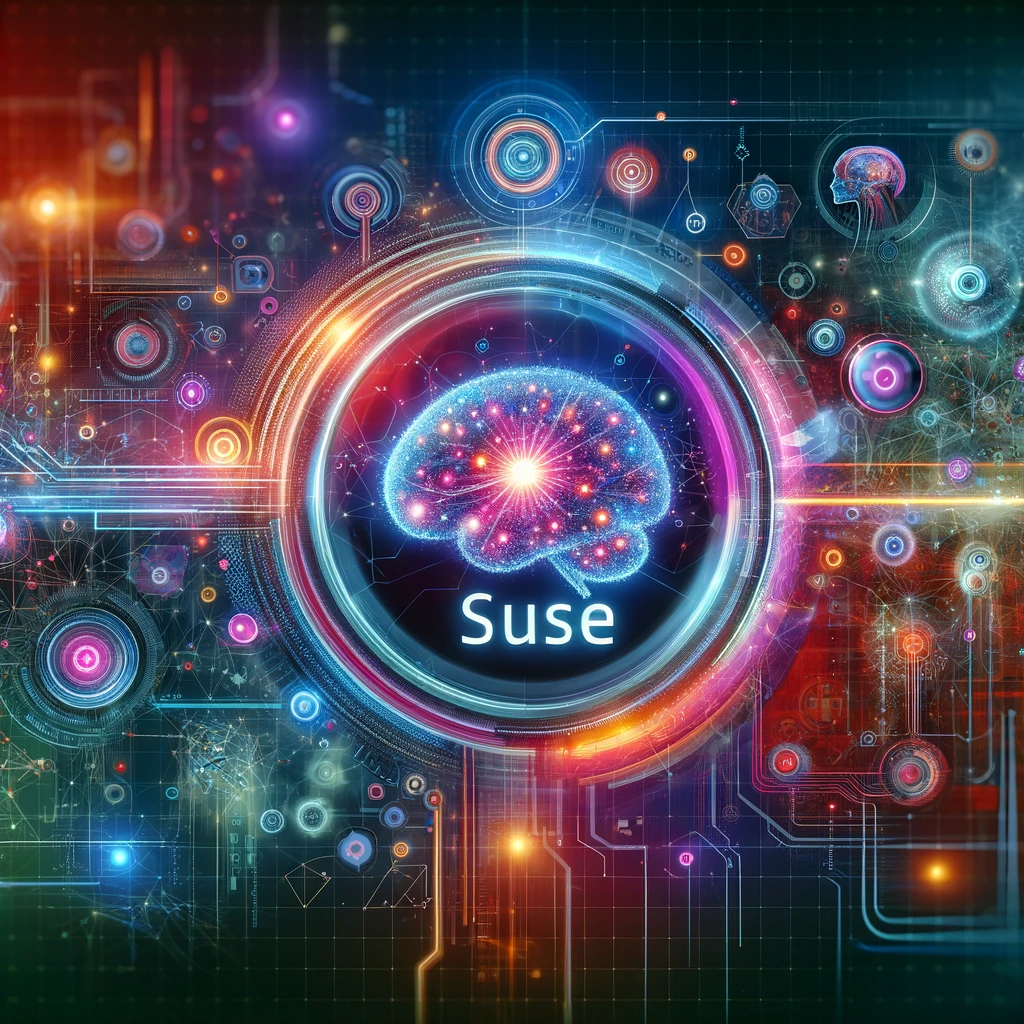In recent years, the emergence of generative artificial intelligence (AI) technology has marked a significant turning point in technological advancement. Unlike traditional AI, generative AI can create new content, from written text to images. This capability profoundly affects civil society, influencing various areas from policy-making to individual expression.
One of the most notable effects of generative AI is the democratization of creative processes. Tools like GPT for text generation and DALL-E for image creation have enabled individuals without specialized training to produce high-quality content. This democratization extends to fields such as journalism, art, and education, allowing a wider range of voices to be heard and promoting a more inclusive public discourse.
Generative AI also plays a key role in enhancing civic engagement. By automating routine tasks, it allows civil society organizations to focus more on strategic initiatives like community building and advocacy. Additionally, AI-powered data analysis helps these organizations understand and respond more effectively to societal needs, leading to more impactful social campaigns and initiatives.

However, the rise of generative AI also brings significant challenges. Ethical issues, such as the potential for deepfakes and misinformation, raise concerns about the reliability of information. This necessitates a robust framework for governance and ethical guidelines to ensure that the use of generative AI aligns with societal values and does not harm public trust.
Generative AI is also reshaping the future of work in civil society. As routine tasks become automated, there is an increasing need for skills in AI management and oversight. This shift requires educational reforms and training programs to prepare the workforce for an AI-integrated future, ensuring that civil society organizations can fully utilize the potential of this technology.
The impact of generative AI on civil society is multifaceted and profound. While it offers unprecedented opportunities for creativity, engagement, and efficiency, it also presents challenges that require careful consideration and proactive management. As we navigate this new landscape, stakeholders in civil society must collaborate in shaping a future where generative AI is used responsibly and for the greater good of society.

